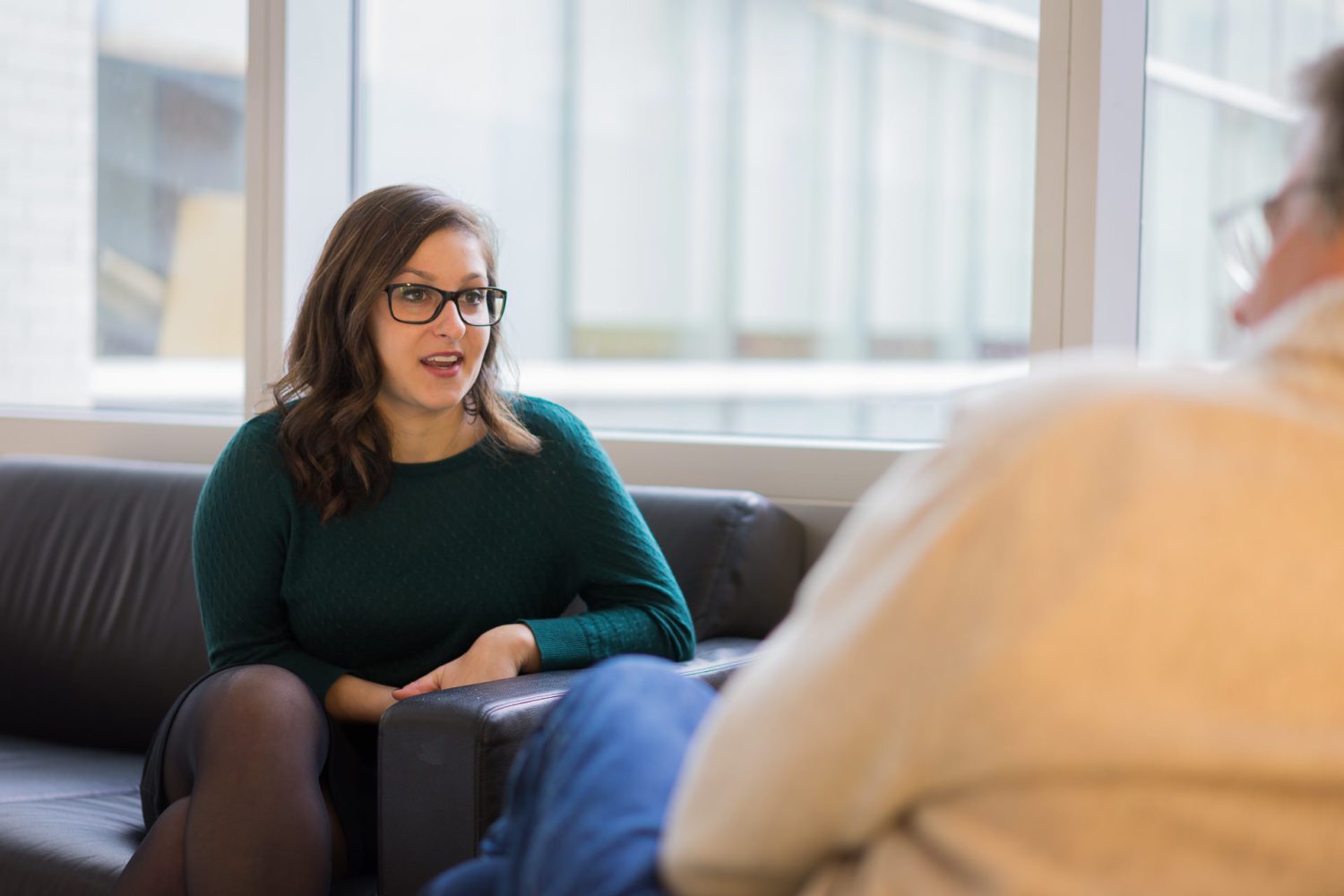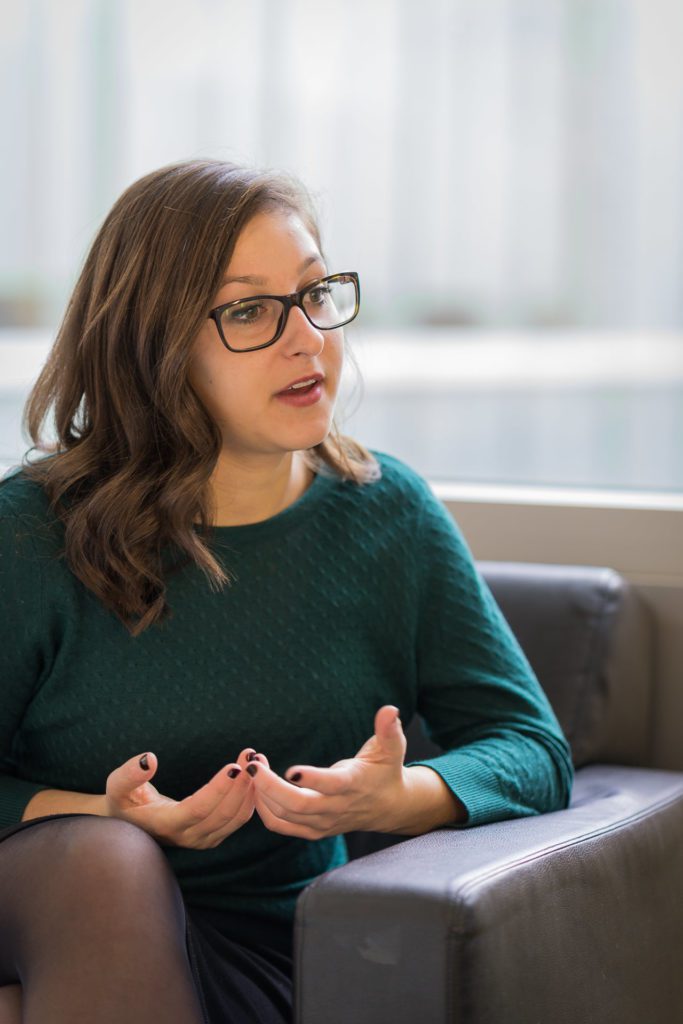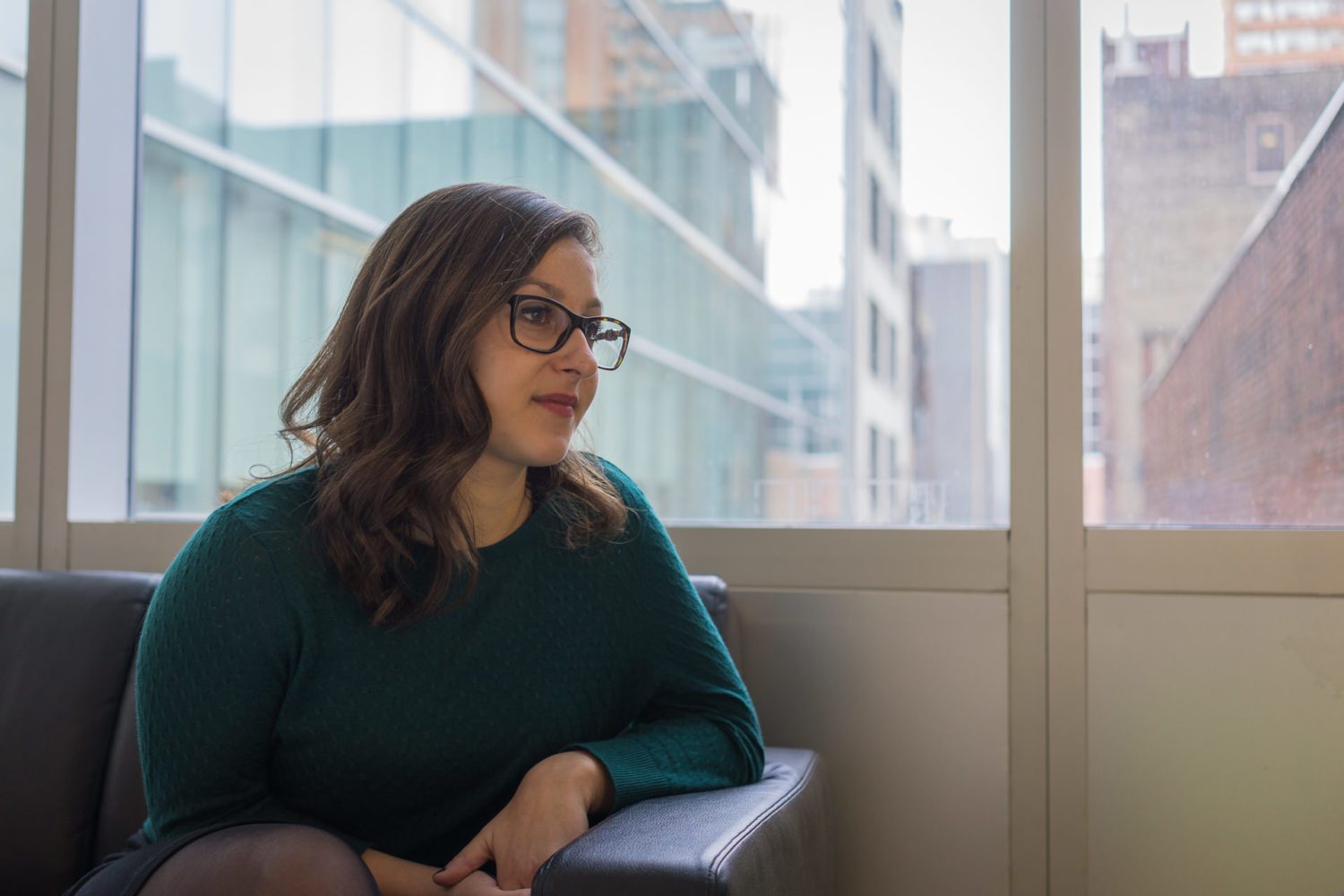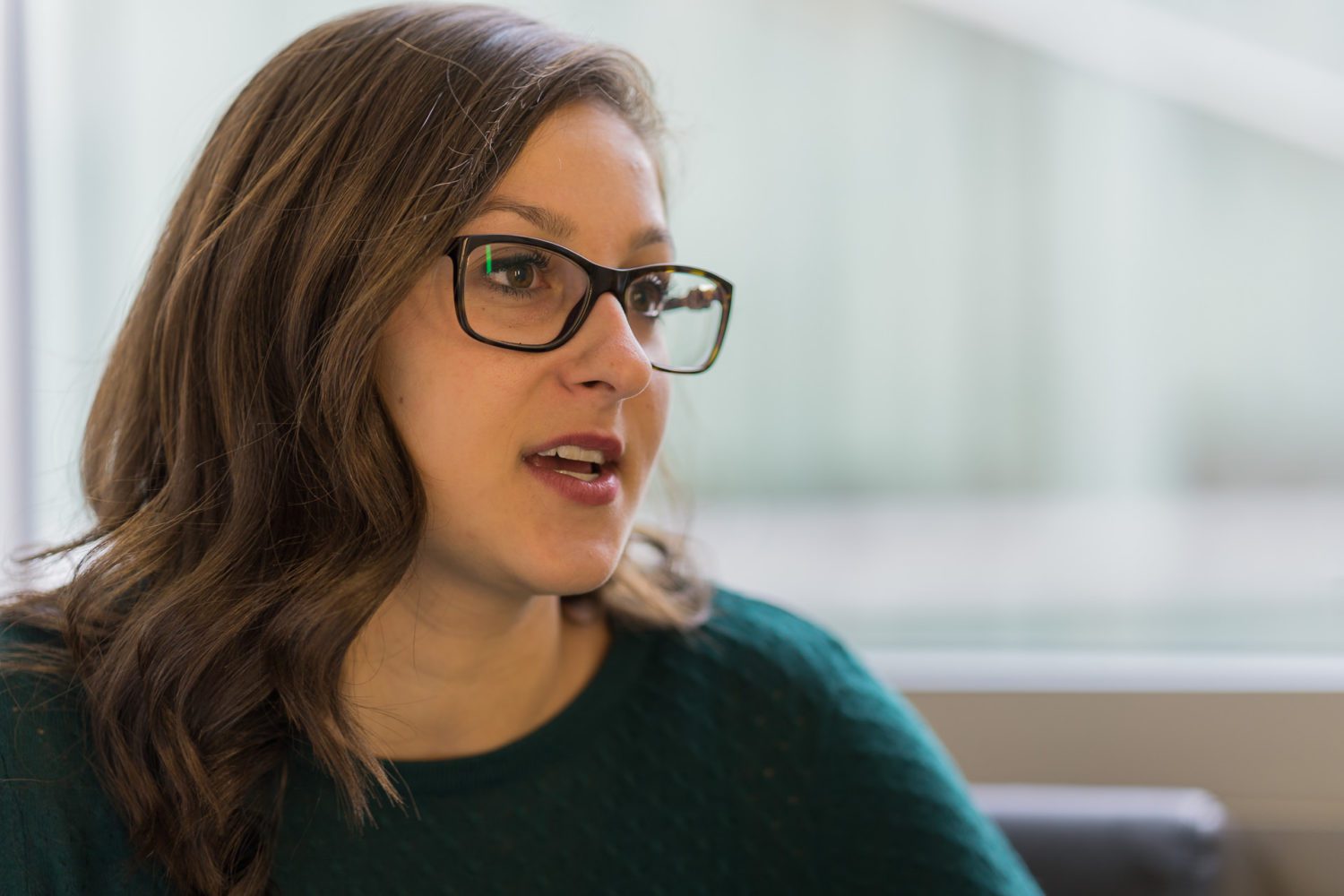“I am a first-year medical student. I worked as a summer student on the 3 Wishes Project, which tries to improve and dignify end of life care for patients in the intensive care unit by asking them and their families what their final wishes are.”

“When you elicited the wishes, how did you start the conversation?”
“It’s hard. It’s hard to go up to families of patients in the ICU who are going to die soon and say, ‘What can we do for you and your loved one?’ People are shell-shocked. That’s not something you typically hear in a hospital, especially at that point. We sometimes gave examples. It really depended on the family. Some people were really, really stressed out and had no idea what they could possibly ask for. Others knew immediately.”

“The wishes that were most difficult were difficult for logistical reasons. For example, we had to bend ICU rules so that a patient could have more than the limit of family members in the room. Others wanted flowers, which normally are not allowed in the intensive care unit.”
It’s often the little things. Most of the wishes are priceless – a mother asking if she could lie in bed with her son while his life support was being withdrawn.
“We’ve tracked down a loved one who was in jail to see if we could have permission for him to come out and see his family member. Unfortunately, the patient died before that would have been possible. Some of the wishes involved getting in touch with long-lost relatives and things like that. But I don’t think we had any requests that required a lot of money.”

“Were there wishes that particularly moved you?”
“Before I started working with the project there were weddings in the ICU and renewal of vows before the patient passed away.”
“In terms of ones that I was involved in, we had a really special patient who was in her dying days, but still awake and alert. She was this really fiery, spunky woman, and all she really wanted was to communicate with her friends. She didn’t want them to come see her, but she wanted to be able to communicate with them. She didn’t have a Wi-Fi password so we set her laptop up so she could email and Skype. She had an oxygen mask on, and she couldn’t wear her glasses with the mask. So we had the respiratory therapist come and supervise sessions when she was off the mask, so that she was able to wear her glasses and email. It was crazy to leave the hospital and think about the things that people wanted before they died. They often asked for so little.”
The small things resonated with me. We had a patient who wanted a piece of pizza. Standing in line to get a piece of pizza, I was thinking, ‘This is the most important piece of pizza I have ever bought!’

“Why do you think we don’t have this in all ICUs?”
“That’s a really good question. It’s an absolute shame. I think the care part of health care often gets a little bit lost in translation. Especially in the ICU. It’s a stressful environment, with many things happening all at once.”
Patients are under tubes and lines and wires, and it can be really difficult to see them as individuals outside of their critical illness.
“I hope that someday the 3 Wishes Project is the standard of care everywhere. It’s definitely something that’s very different from what’s being done now. It takes a very special person to run a project like this. It requires a culture change and I think it’s going to take a little bit of time for that to happen. It’s hard with the way the health care system is built right now – a lot of people just don’t have the time to contribute to something like this. Hopefully people will see its importance.”


The comments section is closed.